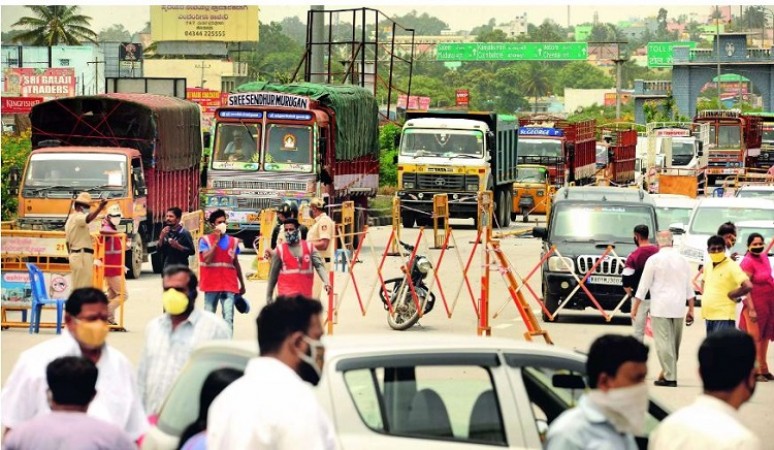
Truckers across several regions in the country are in uproar over the Bharatiya Nyay Sanhita (BNS), a newly enacted law addressing hit-and-run cases. This law, replacing the old Indian Penal Code, imposes strict penalties on drivers involved in serious road accidents who flee the scene without informing authorities.
Under the BNS, drivers causing fatal accidents due to negligent driving and not reporting the incident can face up to 10 years in prison and a fine of Rs 7 lakh. This change has drawn criticism from various transport and farmer organizations, demanding its immediate repeal.
The law establishes two main categories for offenses related to causing death by negligence. The first category deals with non-culpable homicide resulting from negligent acts, carrying imprisonment for up to five years and a fine. The second category, involving negligent driving causing death but not amounting to culpable homicide, can lead to up to 10 years of imprisonment and a fine if the driver flees without reporting to authorities.
However, concerns have been raised regarding the clarity of reporting procedures for drivers and the potential misuse of this law. Experts emphasize the necessity of defining acceptable evidence to authenticate claims by victims or accused individuals, ensuring fair application.
Previously, hit-and-run cases fell under Section 304A of the Indian Penal Code, where identified offenders faced a maximum of two years in jail. The introduction of the BNS signifies a significant shift towards more severe consequences for such offenses in India. The ongoing protests by transporters have disrupted the supply of essential commodities to Mumbai, indicating the urgency of resolving the conflict surrounding this new law.
Drivers' Protest Sparks Fuel Shortages: Maharashtra's New Hit-and-Run Law Explained
Drivers Associations Vow To Continue Protest Until ‘black law’ on transporters is revoked